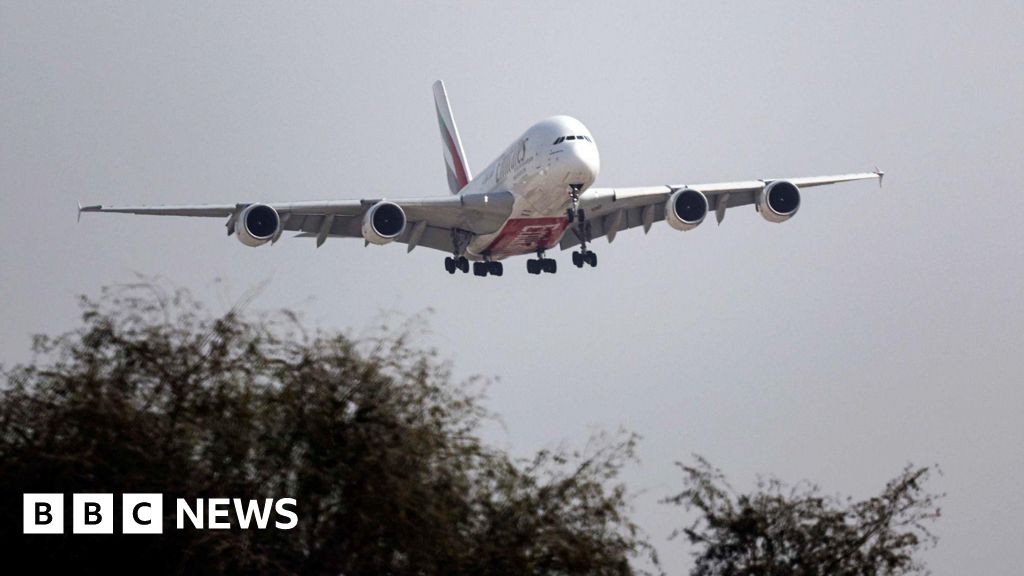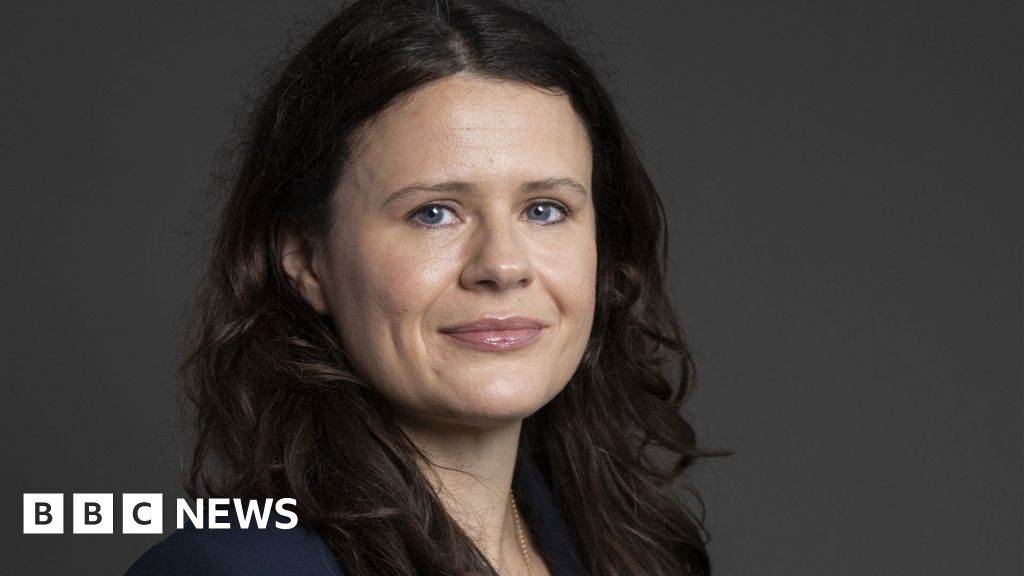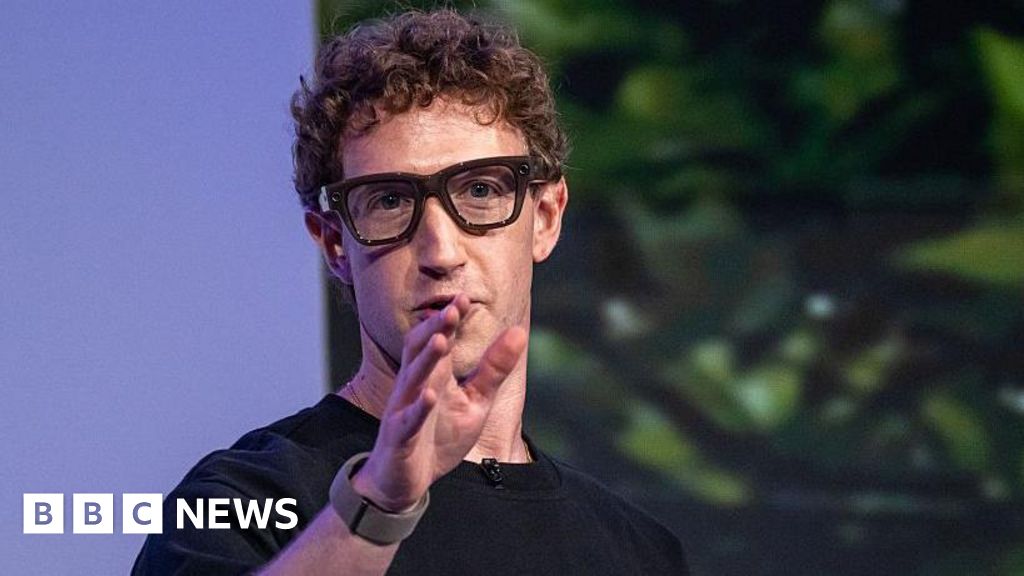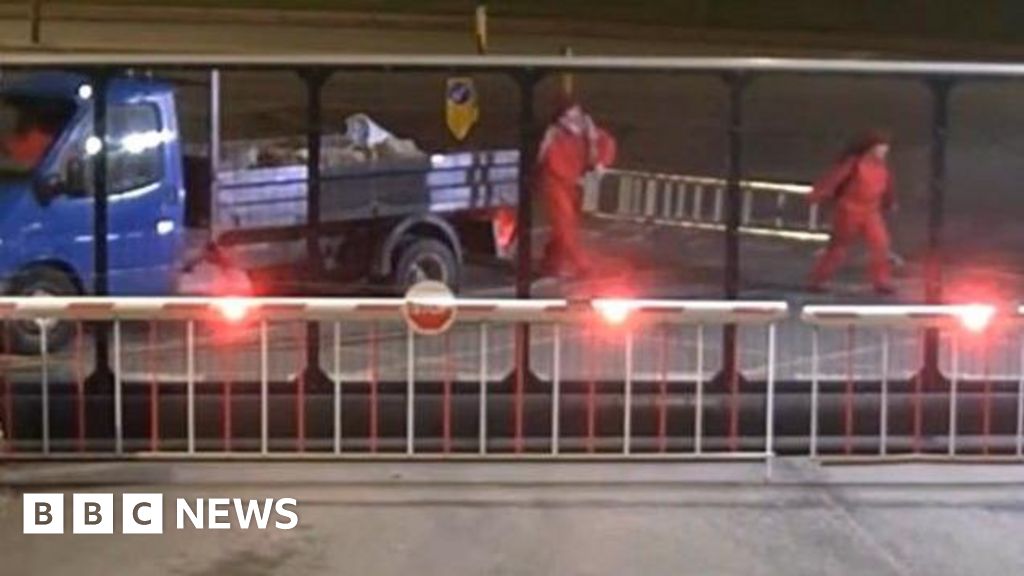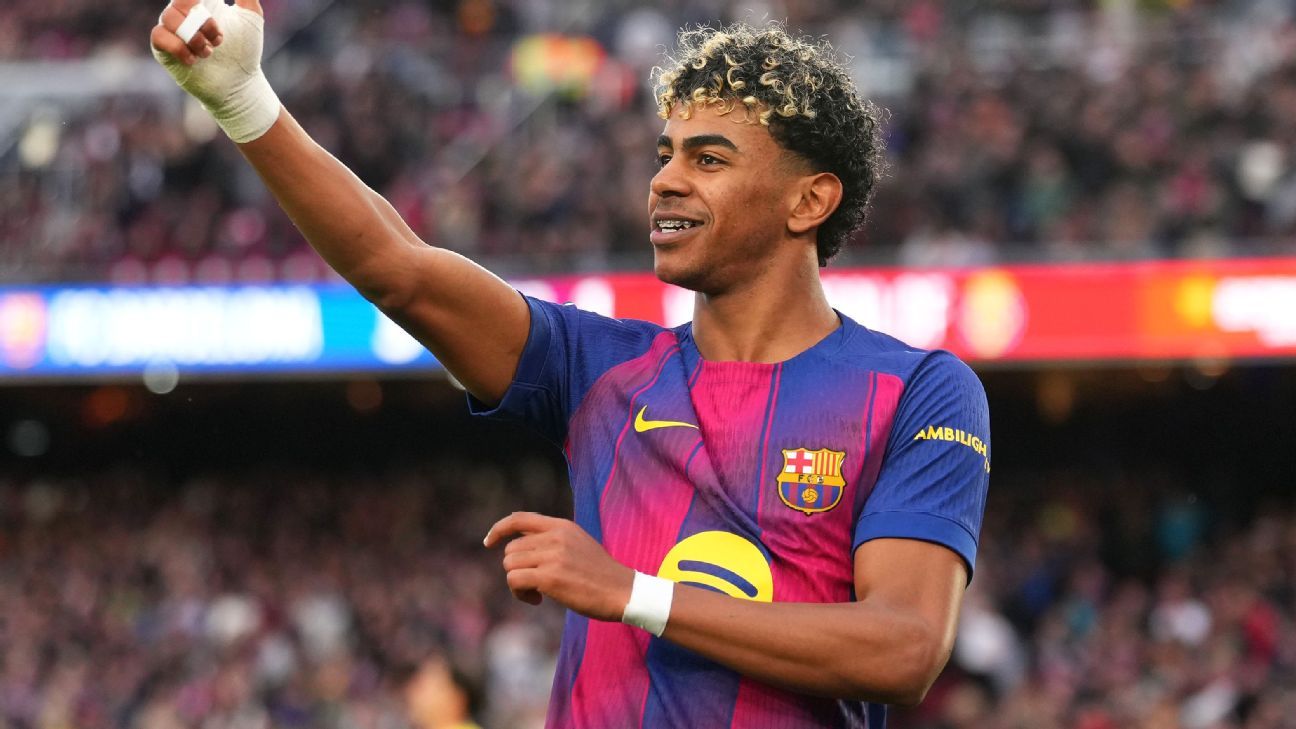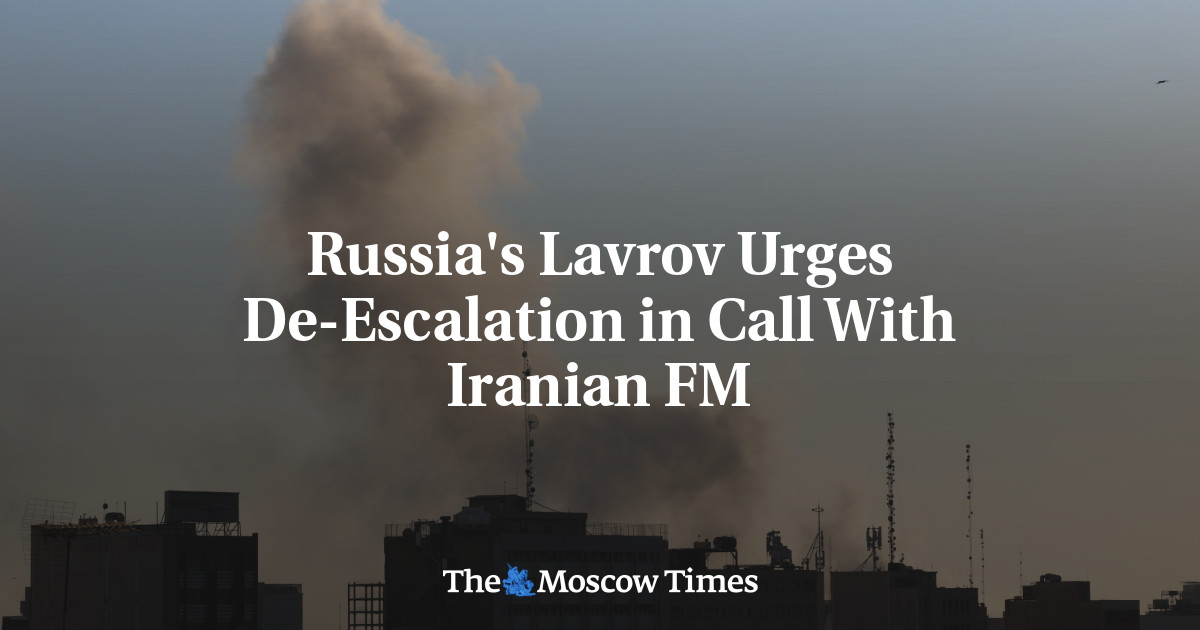- Indira Govender, a doctor in rural northern KwaZulu-Natal, was busy with her weekly session at the local clinic when she witnessed three people breaking down mentally.
- There wasn’t an ambulance to take the patients to hospital, which was what clinic guidelines say should have happened.
- But Govender says that day wasn’t a system failure. It was something else entirely.
Sometimes, inexplicably, at clinics or hospitals there’s a spike in the number of people arriving in a state of breakdown or disconnect from reality.
On one such day, I was doing my weekly session at a clinic, located on a short but extremely potholed old road parallel to the N2 in northern KwaZulu-Natal, surrounded by rolling green hills, sugarcane fields, sparsely populated villages and livestock grazing wherever they can find a patch of grass.
Shortly after I’d begun attending to people waiting to see me, a nurse requested help with someone who appeared to be having an acute manic episode, speaking and occasionally laughing very loudly outside the consultation room. We considered referring him to hospital, but on this day, unsurprisingly, there were no ambulances available in our area, and this person was alone and did not have any transport.
Options for sedation were limited to an injectable sedative or antipsychotic tablet. Nervous he might refuse, we decided to offer him the tablet.
I stepped outside the room to introduce myself. A middle-aged, grey-haired, slightly dishevelled-looking man, hereafter referred to as uMalume, was sitting calmly on a chair and eating a piece of magwinya (vetkoek). The nurse communicated my advice in isiZulu, and uMalume agreed to take the tablet and lie on a bed while it took effect.
READ | Eastern Cape healthcare workers carry water to wards amid shortage
I was back at my desk when I was informed that another person was behaving strangely and refusing any assistance.
This time I met a neatly dressed young man, hereafter known as uButhi, wearing jeans and a denim jacket. His arms were forcefully restrained by an older man in work overalls. The men spoke angrily towards each other before the older man hit uButhi, who tried to fight back. A security guard, a nurse and the clinic manager stepped in to pull them apart. uButhi, clearly disturbed, straightened his jacket and sat down while the manager quietly spoke to him.

Indira Govender, a doctor who works in rural KwaZulu-Natal, describes a recent day when clinic workers and the community came together in solidarity to care for three patients with mental health crises.
uButhi refused help, repeatedly saying he wanted to go home and that people were trying to harm him. Once again, we considered our limited options, lamented the unavailability of ambulances, then decided to sedate uButhi.
I returned to my room and was halfway through helping the next person when I heard shouting and screaming outside. Three security guards were restraining uButhi on the ground while our clinic manager injected the sedative into his arm. It was quick but seemed to go on forever; those in the waiting area were gripped by the scene, looking on as if they were watching an action film.
uButhi was finally given space to stand, sand and grass covering his previously neat clothing. I felt humiliated by the way he was handled, even though the clinic staff meant no harm.
The sedative had no effect, and for a while we watched him storm around the clinic grounds, demanding to go home. Concerned family members watched helplessly. Security guards closed the clinic gate to prevent him from leaving the premises. We were reassured that a vehicle was on its way to fetch both uMalume and uButhi.
Then we noticed uMalume, up and about after ingesting his tablet, occasionally sitting to observe uButhi’s crisis. He didn’t bother anyone, so was left to wander between waiting areas, make conversation and uplift the mood with bellowing laughter that drew a small crowd, including security guards, who joined in.
Eventually, uButhi’s stepfather said he did not want to wait for any hospital vehicle and was taking him to a traditional healer. We advised that they go straight to hospital if that didn’t work in Ubuthi’s best interest.
That depends on your perspective
My work day finally ended, and I headed to the car park when the third person arrived in a private car. A well-dressed young woman, hereafter referred to as uNtombizane, wearing a black leather jacket and carrying a handbag, calmly got out of the passenger seat.
I decided to speak to her in case I could help.
Her father told me he’d driven to Gauteng the day before, out of worry, to fetch her. I approached uNtombizane and we spoke briefly about her profession and how different life in the city was compared to this rural place. I asked what happened to bring her to the clinic.
She described having negative feelings towards herself and ruminating. Before I could probe further, she asked to sit down because she was tired.
The rooms inside the clinic were occupied, so we sat on chairs in a relatively empty corridor. uNtombizane started crying inconsolably, like a river that burst its banks. Her immaculate appearance betrayed the pain inside her. She cried so hard her nose bled, and in between the sobbing kept saying she was exhausted.
I sat with her for a while, allowing space for her emotional release before realising she needed more than we could offer. I called the psychiatrist on duty for the district, who advised we sedate her and refer her to the hospital.
READ | SA becomes first African country to register twice-a-year anti-HIV jab... at record speed
On my way back to uNtombizane, I spoke to her father. He said in the past he had taken her to a traditional healer, but the problem recurred. He was willing to give the hospital treatment a chance this time. After much coaxing, uNtombizane allowed us to inject her with the sedative. She calmed down, and her father and relatives were able to take her to hospital.
Before I finally left the clinic that night, I saw uMalume relaxing in a staff room, eating biscuits, the pharmacy assistant making him a cup of tea.
At this point, you might be wondering about our struggling rural health services apparently unable to help the most vulnerable seeking care. I would argue that it depends on the perspective you take.
The foreign gaze
In Seye Abimbola’s book, The Foreign Gaze, he prompts us to question our global health perspectives and the knowledge and boundaries of that knowledge, which shape our perspectives, specifically the ways colonisation has limited and excluded indigenous and Global South experiences. Perhaps a decolonised lens of what unfolded at the clinic that day is one in which we are not helpless victims of a broken system but guardians of a safe space in the community; not deprived but strong. A system that includes ancestral wisdom as “essential medicine”.
Appreciating this might be difficult if you’ve never witnessed how healthcare workers embedded in communities have much more intuition and experience with navigating complexities and challenges in the system, and about the people they serve, than those who are further from the frontlines of care but given more authority.
Brandon Stanton, the creator of Humans of New York, profiled the Palestinian staff of Médecins Sans Frontières/Doctors Without Borders during what Amnesty International describes as “the most documented genocide in history”, forced displacement and starvation of Palestinians in Gaza.
Among stories from Palestinian doctors, nurses, pharmacists, counsellors, data managers and organisers is unwavering solidarity with their community and each other despite their injuries, exhaustion, emaciated bodies and conditions aimed at destruction and annihilation. The commitment to serving life and articulating our common humanity in the face of genocide is life-affirming resistance of dehumanisation.
As I witness from a distance and reflect on the meaning of solidarity, I realise it exists in emulating this humanity in our relationships with those around us. The genocide is a moral reckoning, a war against human rights, justice and equality. But by embodying these values in our daily lives, connecting through our shared humanity and rejecting narratives that separate us or “other” us, we honour Palestinians resisting dehumanisation.
What I witnessed in the clinic that day was immense humanity arising from solidarity among the staff and the surrounding community.
An un-missed opportunity
An understated and unmeasured collective strength exists in rural health services where leadership, teamwork, respect and kindness triumph despite structural challenges and dehumanising inequality. On this long and tiring road towards universal quality healthcare for all, there is inspiration and hope among characters and relationships defined by ubuntu that transcend guidelines, uniforms or social status.

When the ambulance that was promised to pick up patients in a mental health crisis never arrived, the healthcare workers at this rural clinic in KwaZulu-Natal tapped into the abundance of ubuntu.
I heard later uButhi calmly returned to the clinic the next day, accompanied by close family members who described his hardworking and caring nature at home where he looked after relatives with disabilities and his younger siblings. It left him no time to find a job and earn an income. uButhi admitted to turning to alcohol to alleviate the stress of unemployment, a lack of income and the many responsibilities he carried for his family. Our clinic manager has since taken him under his wing, providing him with guidance and advising the family on how to get extra help.
uNtombizane made it to hospital where she received further counselling, was started on treatment and is recovering at home. As for uMalume, after a while he left the clinic on his own that day. We tracked down his relatives who explained there was nothing unusual about his behaviour, that’s how he’s been known in his community since childhood. He went to the clinic because he had the flu but was back at home, and all was well.
Perhaps if the medication and emergency services were available that day we would have sedated and referred these individuals in line with clinical guidelines, and missed the opportunity to respond in a deeper and more meaningful way that connected with them and with each other at the clinic.
Sometimes we don’t have the material resources to do our work. Despite that, there was an abundance of ubuntu which carried us through the moment. These actions are often unreported and unmeasured yet play an important role in giving good care to patients and building trust with the community we serve.
Indira Govender is a rural doctor in KwaZulu-Natal and a member of the Rural Doctors Association of Southern Africa. She writes in her personal capacity.
*This story was produced by the Bhekisisa Centre for Health Journalism. Sign up for the newsletter.

 (1).png)
 4 months ago
31
4 months ago
31


